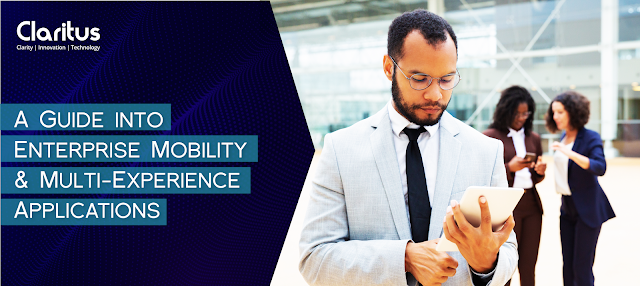Blockchain development may facilitate Market growth for Islamic financial instruments
Blockchain, the most famous of distributed ledger technologies, is a peer-to-peer, shared digital database of transactions encrypted and confirmed by computers on the blockchain network. Transactions are encrypted and recorded in “blocks,” and each block is added to the ledger, or “chain.”
Transactions are recorded after authenticity is verified by a majority of computers on the network (called “nodes”), rather than going through a single centralized verifying authority like a central bank or payment processor. This technology arose from the 2008 financial crisis that saw major centralized points in the finance chain fail, and it was designed to be a safer, more reliable replacement.
Nodes can number in the thousands, making it virtually impossible to record fraudulent transactions. Thus, blockchains are often considered a safe and immutable database, with algorithms ensuring each node has the most current database version. Blockchain is famously the tech underlying Bitcoin and other cryptocurrencies, which are inherent to blockchain use, but is being piloted in almost every market sector.
Read More — Guidelines for Successful Cloud Test Automation in 2020
Islamic banking and finance are unique in that they must comply with Islamic law and religious teachings. Differences from US and UK finance practices include prohibiting the following: paying and charging interest (riba, considered exploitative under Islamic law); investing in excessively risky and uncertain enterprises (gharar); speculation or gambling investments, and investments in alcohol, pork, or other prohibited (haram) activities. Islamic finance proponents note neither party is exploited in a transaction or benefits disproportionately more than the other.
Islamic finance allows several types of financing arrangements and investment vehicles, including equities ownerships and tradeable fixed income instruments called sukuks, which are asset ownership shares, not debt obligations, favored by institutional investors. Blockchain solutions have increasingly targeted retail Sukuk issuances.
Islamic banking and finance are unique in that they must comply with Islamic law and religious teachings.
According to the World Bank, Islamic finance has emerged for funding development worldwide, including in non-Muslim countries. Islamic finance has expanded rapidly since the 1990s, growing at 10% to 12% annually, and Islamic fintech has boomed in the last five years. Islamic finance assets are valued at more than $2 trillion, including bank and non-bank financial institutions, capital markets, money markets, and insurance (takaful). Many top law firms in the United States, Canada, Australia, and Europe now have Islamic finance practices.
Benefits of blockchain
Global ratings agencies identify blockchain as a growth tool for Islamic finance. Standard & Poors expects post-pandemic growth for 2021 for Islamic finance, in part due to standardizations and automation technologies like blockchain; and according to Moody’s, blockchain will be a major catalyst for sukuk market growth, allowing issuers of conventional bonds to more easily tap liquidity available in the Islamic finance space. The industry may also adopt blockchain cloud storage for convenient yet secure access to essential information regarding Islamic finance, as well as low-cost mobile accessibility by Islamic communities in poorer countries without basic infrastructure.
S&P reports a new platform for sukuk issuance and data management leveraging blockchain has been launched for Gulf Corporation Council (GCC) members. Managing sukuk transactions with blockchain is designed to improve transparency and asset traceability, and standardize legal documents in compliance with Sharia law. This transparency addresses significant aspects of issuing sukuks, such as criticisms of opaque issuance and returns processes, and the difficulties tracking underlying assets or cash flows.
If blockchain standardizes and simplifies complex parts of issuance, GCC blockchain adoption could see volume increase and sukuk markets expand to new classes of issuers and investors previously excluded because of costs or complexity.
Adoption varies
The first blockchain Sukuk issuance occurred in October 2019 through Indonesian microfinance cooperative BMT Bina Ummah, raising 710 million rupiahs (the US $50,000) through Blossom Finance’s SmartSukuk platform. The Sukuk was structured under Shariah profit-sharing principles called mudaraba with proceeds used to expand entrepreneur financing. Dubai’s Wethaq followed with an R3 Corda blockchain Sukuk issuance in November 2019.
The United Arab Emirates has been blockchain-forward for years, and in 2018 its Al Hilal Bank became the first Islamic bank to execute a secondary Sukuk transaction via the Ethereum blockchain. Its Securities and Commodities Authority has drafted regulatory frameworks for blockchain and crypto-transactions to protect consumers from fraud and ensure security and data protection. In 2020, the Abu Dhabi Islamic Bank became the first Islamic bank to successfully execute trade finance distribution transactions using blockchain technology.




Comments
Post a Comment